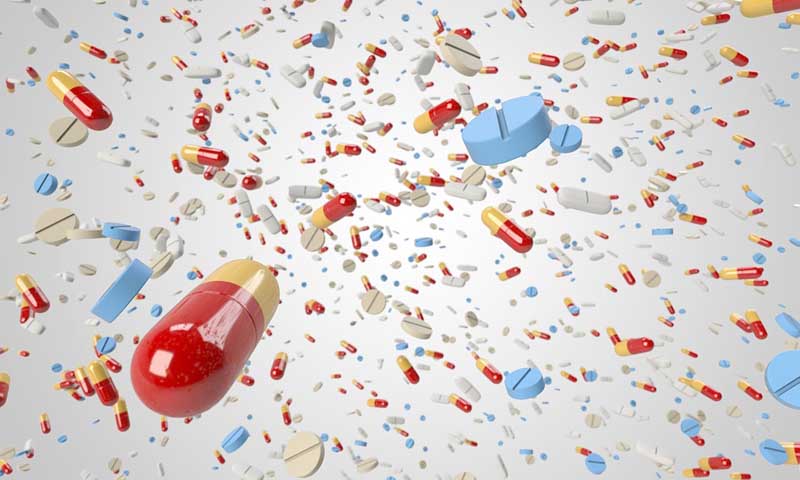 WHO
WHO
WHO warns rising infection cases leading to shortages of antibiotic drugs worldwide
Washington: Rising cases of infections worldwide have led to a shortage of antibiotics including penicillin and amoxicillin, the head of the World Health Organization (WHO) group for supply and access to medicines, Lisa Hedman, said on Wednesday.
According to the WHO official, around 80% of 35 countries including EU states, Canada and the US, whose data has been collected by the WHO, are experiencing shortages of penicillin-related antibiotic drugs, with the situation assumed to be worse in poorer and smaller countries that have to import antibiotics.
"[The shortage has occurred as] countries didn’t anticipate respiratory infections were going to hit us so hard in the first year without masks," Hedman told the Financial Times.
The newspaper reported, citing health experts, that another reason for the current shortage of these drugs was the COVID-19 pandemic that had led to disruptions in supply chains and reduced demand for antibiotics, which, in turn, had resulted into their decreasing production.
Pharmacists from the US and Europe have also reported shortages of pain relief drugs amid growing demand caused by a winter wave of flu and COVID-19, the Financial Times noted.
Support Our Journalism
We cannot do without you.. your contribution supports unbiased journalism
IBNS is not driven by any ism- not wokeism, not racism, not skewed secularism, not hyper right-wing or left liberal ideals, nor by any hardline religious beliefs or hyper nationalism. We want to serve you good old objective news, as they are. We do not judge or preach. We let people decide for themselves. We only try to present factual and well-sourced news.







